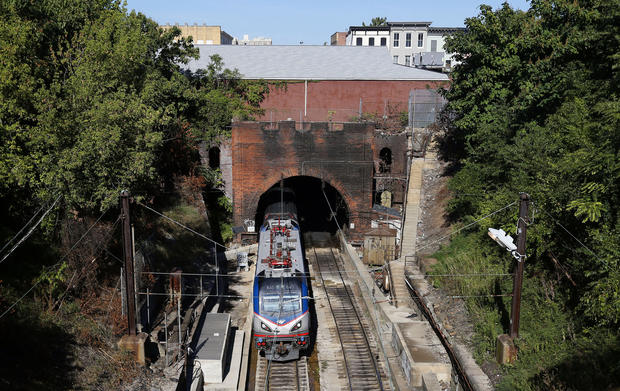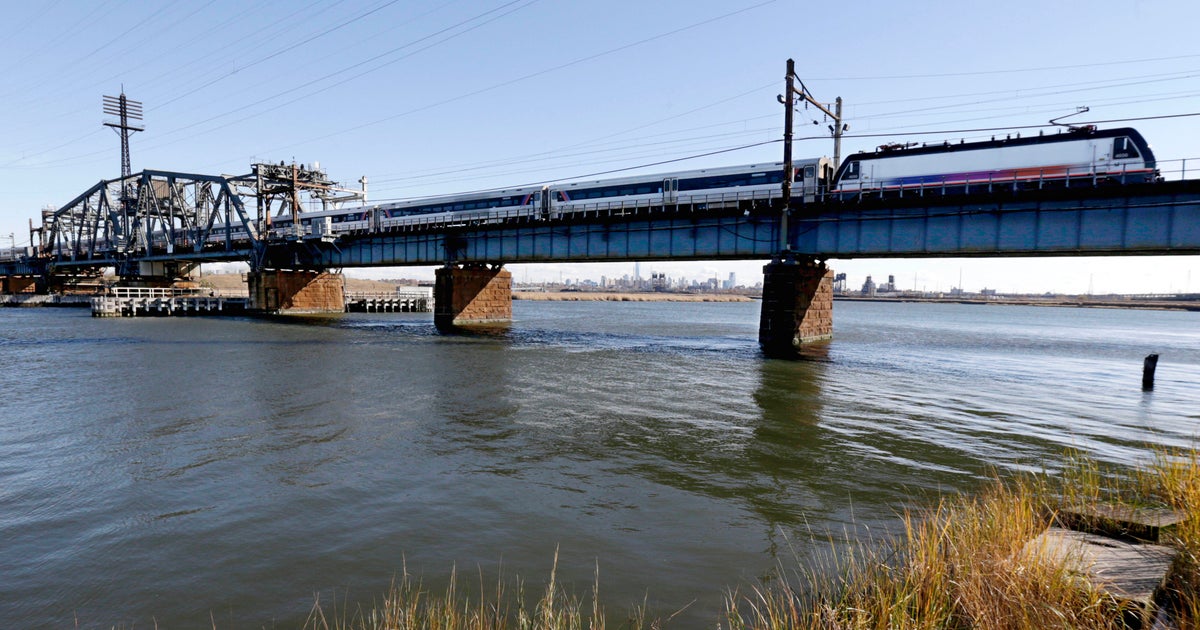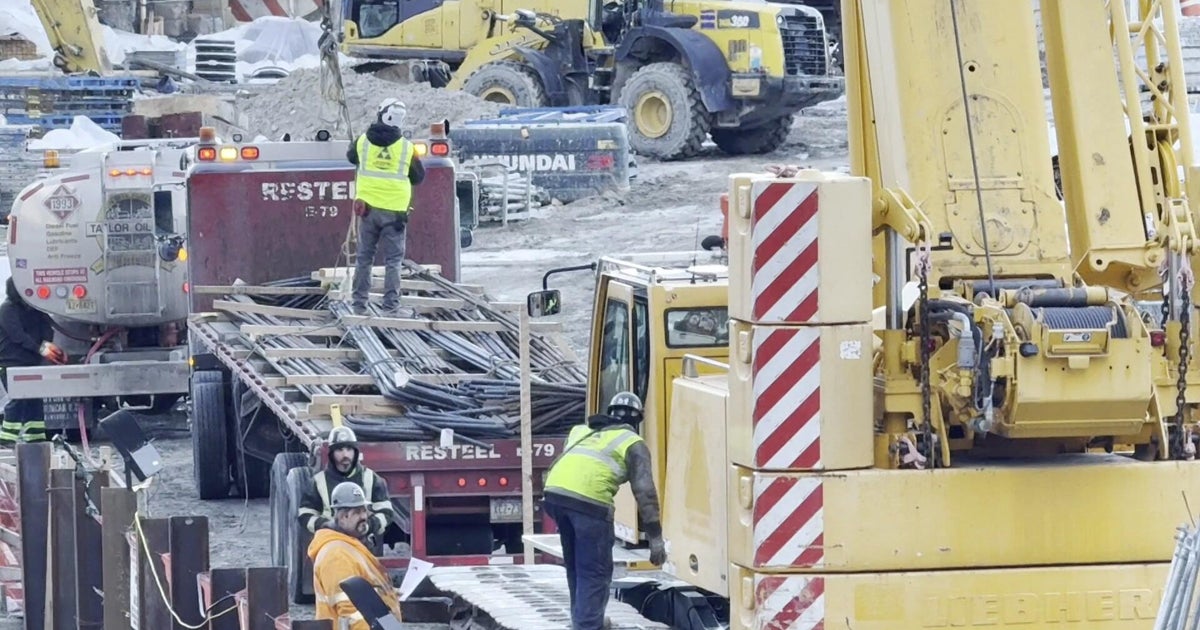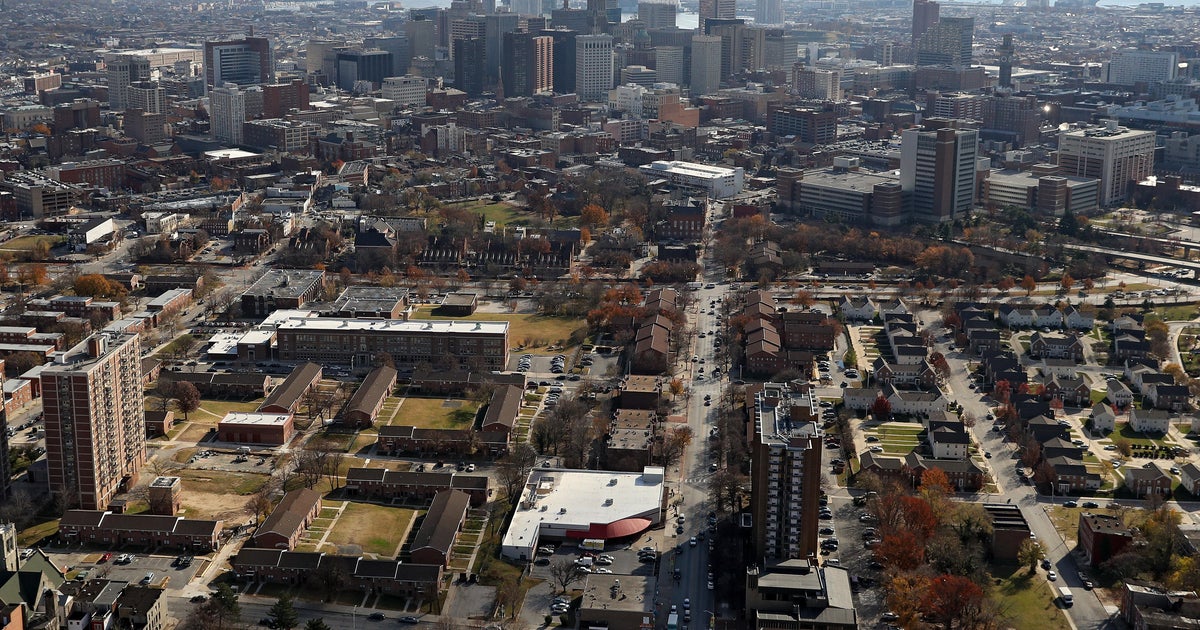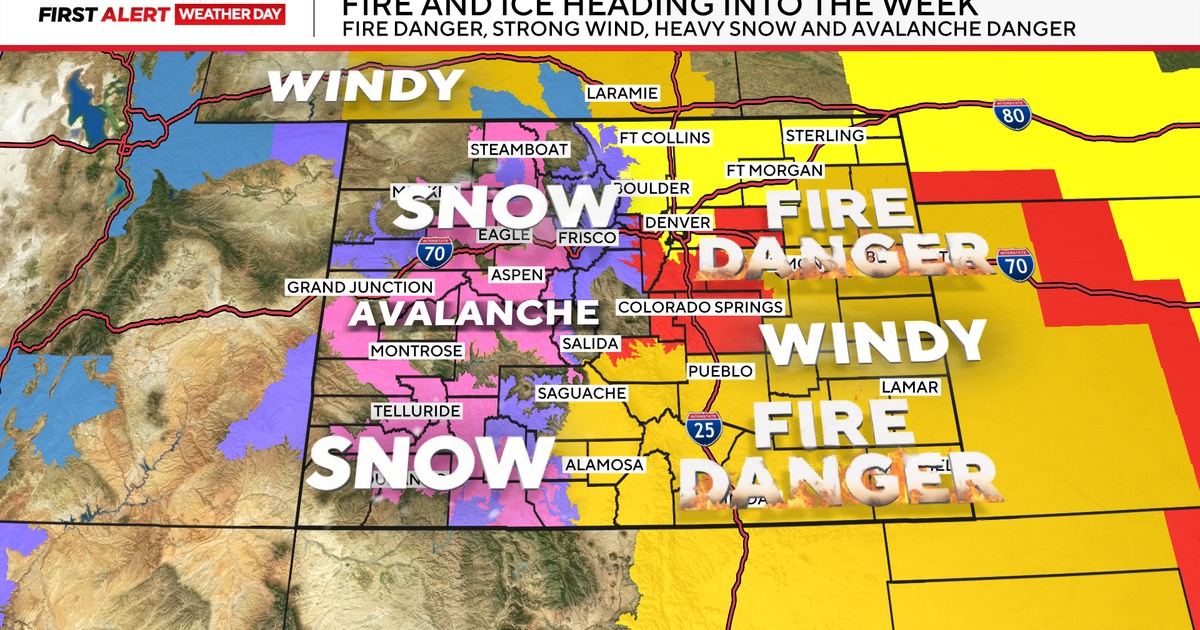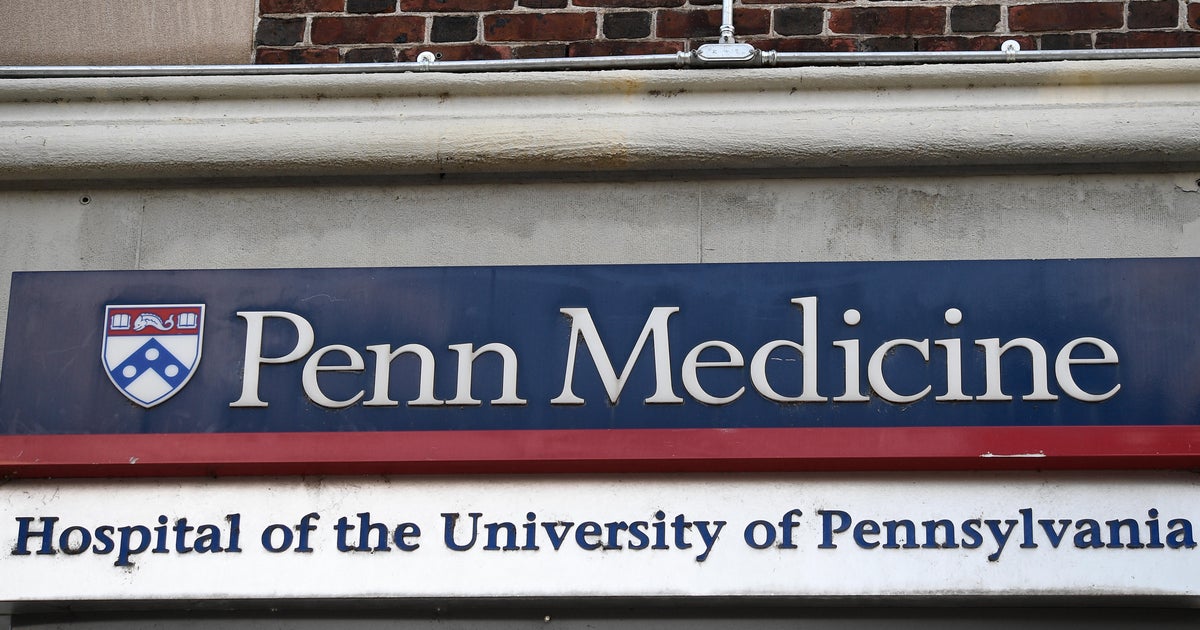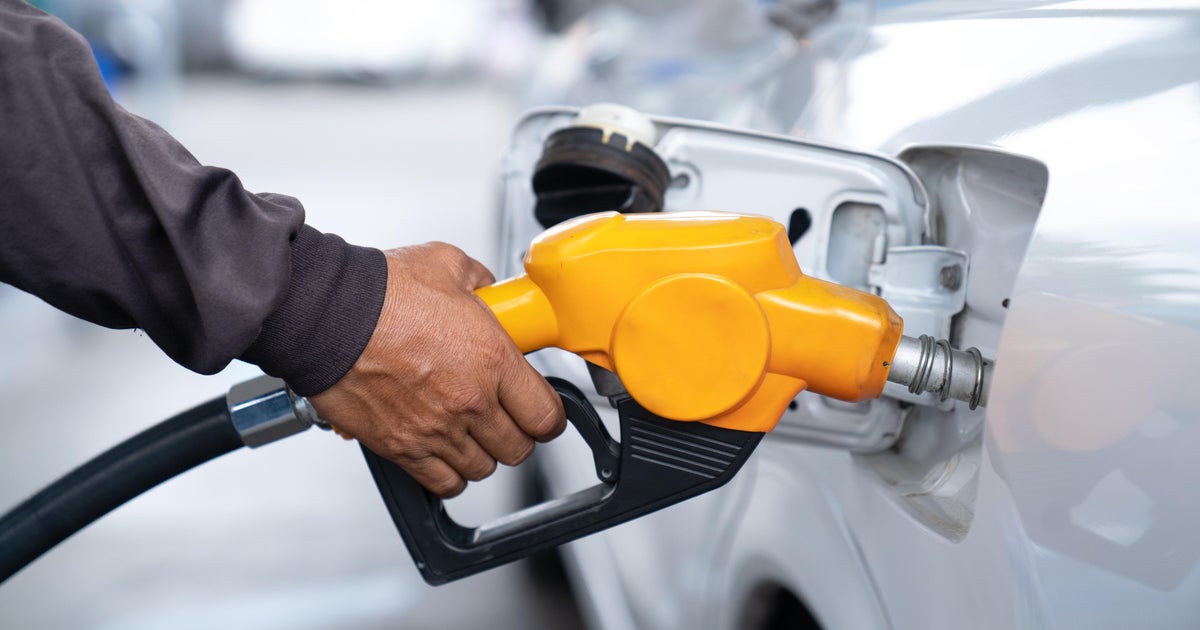President Biden visits Baltimore to discuss upgrades to newly-named Frederick Douglass Tunnel
BALTIMORE - President Joe Biden visited Baltimore Monday afternoon to discuss a major rail tunnel project funded by his administration's Bipartisan Infrastructure Law.
The 150-year-old Baltimore and Potomac Tunnel is the oldest tunnel in the Northeast Corridor, and according to the White House, it is the largest bottleneck for commuters on the Northeast Corridor between Washington, D.C. and New Jersey.
The White House said because of the bottleneck, trains are delayed 99 percent of the time during the week.
The tunnel is slated to be replaced with help from the $1 trillion bipartisan infrastructure legislation, which is expected to significantly increase the capacity, speed and efficiency of the tunnel.
When work is done, trains could go as fast as 110 mph as opposed to the 30 mph they travel right now because of the steep twists and turns inside the tunnel.
"The structure is deteriorating, the roof is leaking, the floor is sinking," Biden said. "This is the United States of America for God's sake, we know better than that."
Biden was joined by Gov. Wes Moore, Secretary of Transportation Pete Buttigieg and Senators Ben Cardin and Chris Van Hollen, along with Maryland DOT and Amtrak officials for the announcement.
The administration said once work is done capacity will triple and upgrades will include a new tunnel, two new tubes, roadway and railroad bridges, as well as safety features.
"Marc Trains will be able to go from here to DC in 30 minutes," Biden said.
The B&P Tunnel Replacement Project
The tunnel's replacement is now named the Frederick Douglass Tunnel, after the famous abolitionist who escaped to his freedom from slavery by boarding a train in Baltimore.
"That name was not given by accident. Because we are talking about an acknowledgement and a celebration of someone who believes that we don't have time to do right, that the time to do right is now, and the time to make this kind of investment is now," Maryland Gov. Wes Moore said.
The total cost of the project is expected to be $6 billion, of which Bipartisan Infrastructure Law funding could contribute up to $4.7 billion.
The B&P Tunnel is currently a single point of failure, with no detours if it were to suddenly close. Federal officials said the tunnel's tight curvature and steep incline requires trains to significantly reduce speeds to 30 mph.
Those issues create chronic delays — more than 10% of weekend trains are delayed, and delays occur virtually every weekday.
The White House said when the project is complete, capacity of the tunnel is expected to nearly triple, and trains traveling through the tunnel will be able to go up to 110 mph versus the current 30 mph.
The new tunnel will have two tubes along an alignment with softer curves, new signaling systems and tracks, five new roadway and railroad bridges in the area surrounding the tunnel, and a new ADA-accessible West Baltimore MARC station.
Early work such as demolition, utility relocations and some track work is expected to start this year.
The program is expected to generate 30,000 jobs, including approximately 20,000 direct construction jobs, most of which do not require a college degree, according to the White House.
Amtrak is investing more than $50 million in local workforce development and community investments, which will include apprenticeship programs to ensure that local workers in West Baltimore can access those jobs.
As provided by the White House, Biden announced:
- A project kickoff agreement has been signed by the State of Maryland and Amtrak, which includes a $450 million commitment from the state's transportation agency for the tunnel replacement project;
- A project labor agreement has been signed between Amtrak and the Baltimore-DC Building and Construction Trades Council, which is a local affiliate of North America's Building Trades Unions (NABTU), to cover the first phase of the project to ensure the project creates good-paying, union jobs; and,
- An agreement is in place between Amtrak and NABTU that ensures Amtrak's large civil engineering construction projects controlled by Amtrak will be performed under union agreements. Those agreements will address points such as wages, benefits, working conditions, avoiding work disruption, and promoting diversity and veteran hiring in the construction trades. With this agreement, Amtrak and NABTU will not face labor-related delays in the planning and contracting of major projects; contractors and subcontractors share Amtrak's commitment to paying fair wages and benefits; and, Amtrak and NABTU can move forward with Bipartisan Infrastructure Law-funded projects with efficient labor-management relations.
